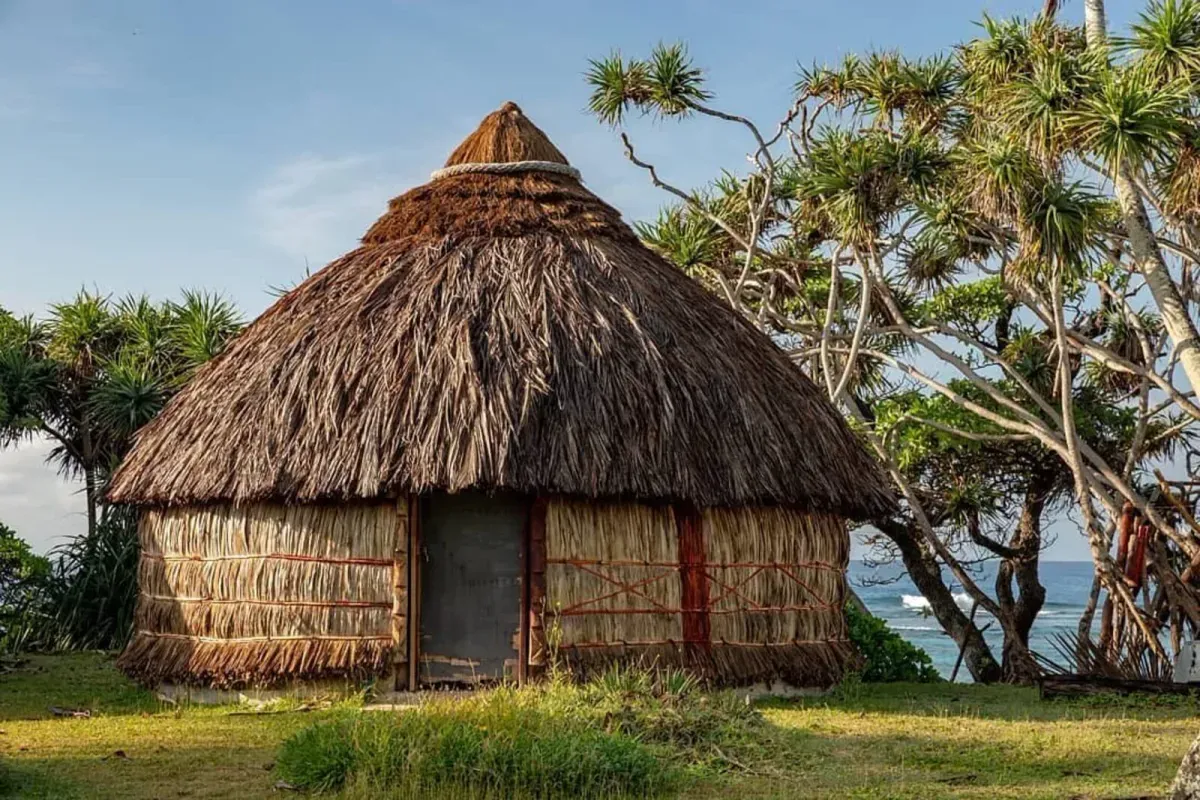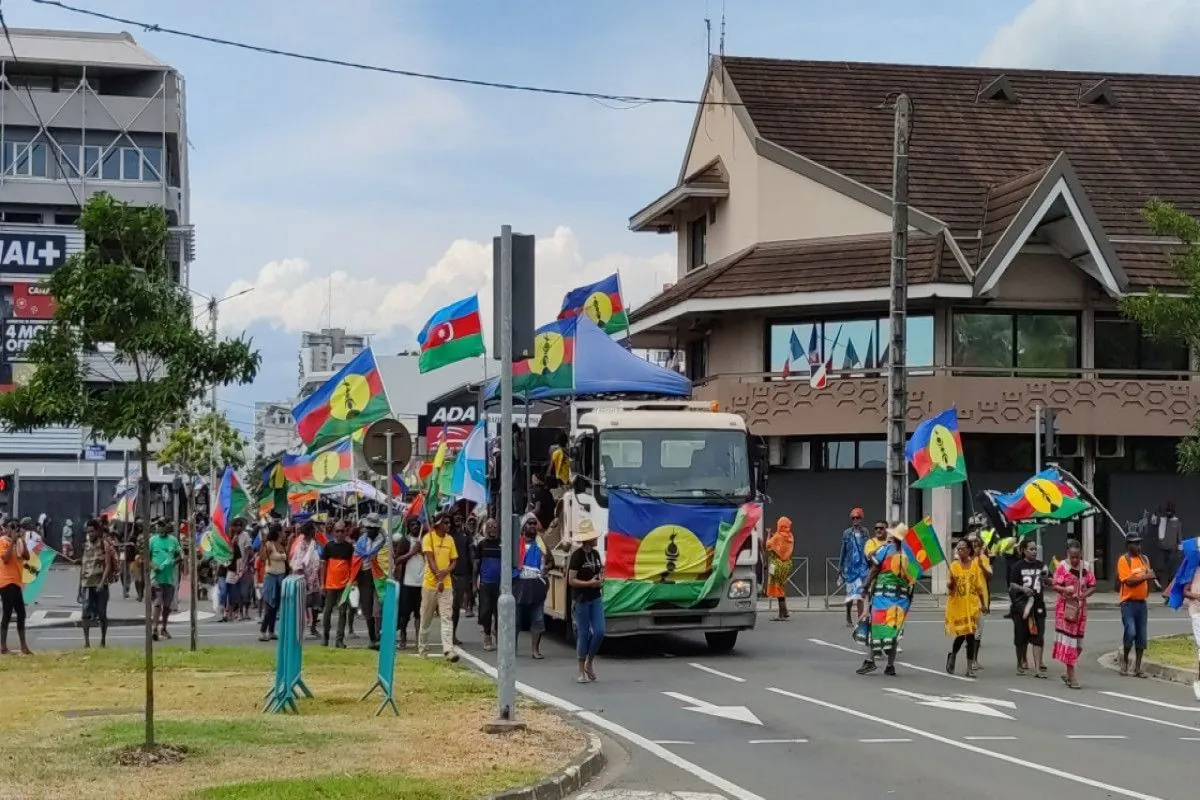New Caledonia Election Delayed Amid Ongoing Tensions
France's Prime Minister postpones New Caledonia's provincial election to late 2025, withdraws controversial voting bill. Decision aims to address long-standing tensions between pro-independence Kanaks and loyalist settlers.

France's newly appointed Prime Minister Michel Barnier has announced a significant delay in the provincial election for New Caledonia, a French Pacific territory grappling with ongoing tensions. The election, originally slated for December 2024, has been rescheduled to the end of 2025, marking a pivotal moment in the territory's political landscape.
In his inaugural address to parliament, Barnier also revealed the withdrawal of a contentious bill proposed by President Emmanuel Macron. This bill, which aimed to amend the constitution and alter voting lists in New Caledonia, had sparked considerable controversy. The Indigenous Kanak people, who comprise a significant portion of the territory's 271,407 residents, expressed concerns that such changes would unfairly benefit recent arrivals to the archipelago.
New Caledonia, located about 1,210 km east of Australia, has long been a focal point of tension between white settler communities loyal to Paris and the pro-independence Kanak population. This divide has deep historical roots, dating back to 1853 when the territory became French under Emperor Napoleon III. The territory's unique status as a special collectivity of France and its inclusion on the UN list of Non-Self-Governing Territories since 1986 further complicate its political situation.
The adoption of the voter list bill in May 2024 led to widespread demonstrations by pro-independence groups, which unfortunately turned violent. In response, Macron declared a state of emergency and deployed thousands of police and army reinforcements to the distant territory. The unrest resulted in thirteen fatalities, mostly Kanaks, and two police officers, with nearly 3,000 arrests made during the subsequent investigation.

Barnier acknowledged the "exceptionally grave crisis" facing New Caledonia and outlined plans to address these issues in early 2025 through a government committee on France's overseas territories. This committee will prioritize tackling the high cost of living affecting French citizens in these regions, which span from the Indian Ocean and Pacific to the Caribbean.
New Caledonia's economy, heavily dependent on financial support from France, boasts one of the highest GDP per capita in the Pacific region. However, this economic prosperity is juxtaposed with ongoing social and political challenges. The territory's rich natural resources, particularly its position as the world's fourth-largest nickel producer, add another layer of complexity to its relationship with France.
The Prime Minister expressed his awareness of the suffering and anguish felt by the people of New Caledonia, pledging the government's support. This commitment comes against the backdrop of New Caledonia's unique biodiversity, including its surrounding coral reef, the world's second-largest, and its tropical climate.
As New Caledonia navigates this period of uncertainty, the postponement of the election and the withdrawal of the controversial bill represent significant steps towards addressing long-standing issues. The territory's journey towards potential independence, as outlined in the 1998 Nouméa Accord, continues to shape its political discourse and future trajectory.
"I am aware of the suffering and anguish felt by the people of New Caledonia and I want to reiterate that the state and my government will be at their side."
This decision comes at a time when France's overseas territories are facing various challenges. In September 2024, violent protests erupted on the French island of Martinique over the high cost of living, resulting in injuries to several police officers and a civilian. These events underscore the broader issues facing France's overseas territories and the need for comprehensive solutions.
As New Caledonia approaches this extended period before the rescheduled election, all eyes will be on how the French government and local authorities navigate the complex interplay of historical, cultural, and economic factors that define this unique Pacific territory.


































